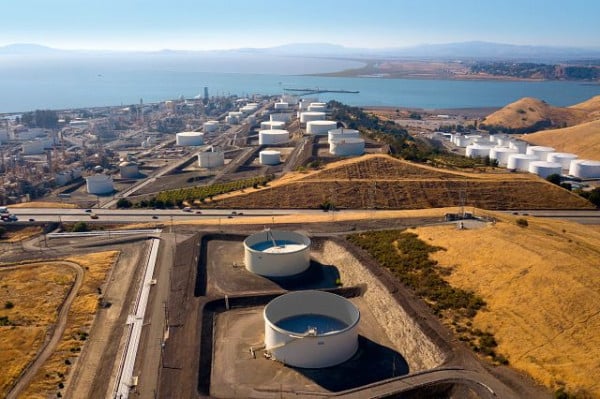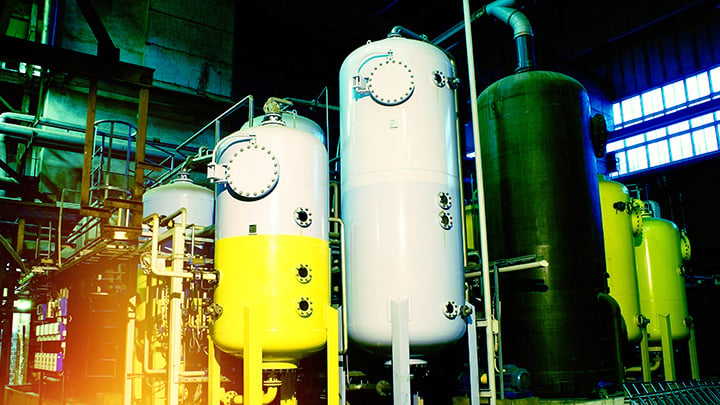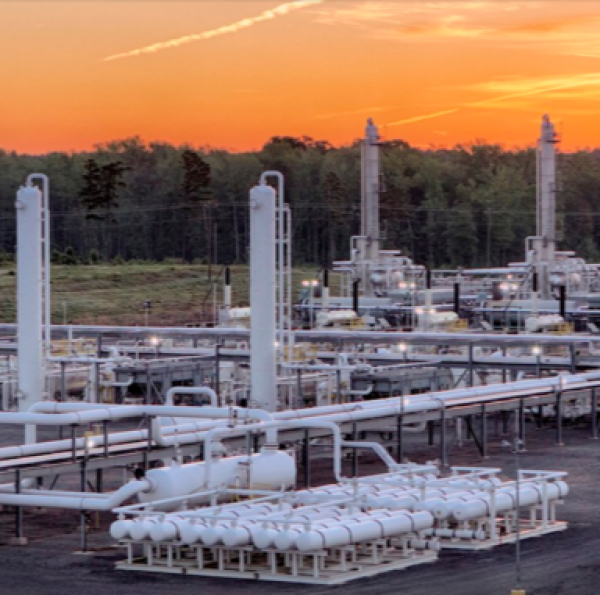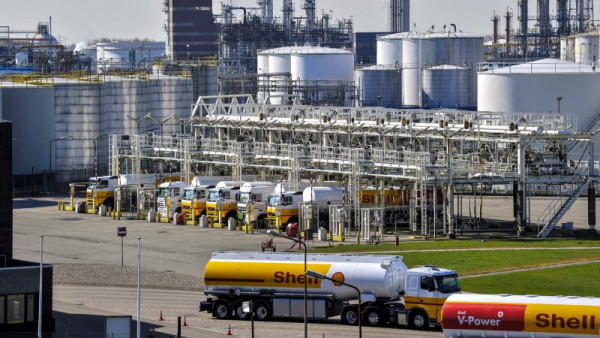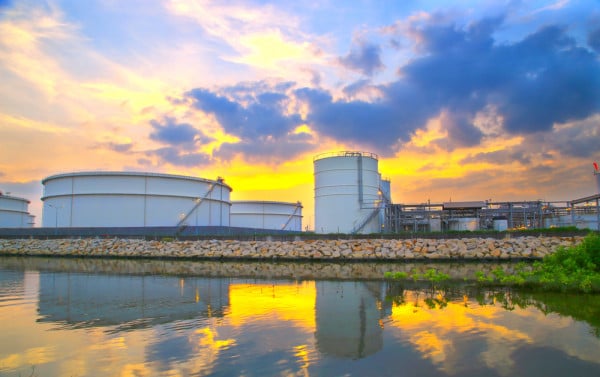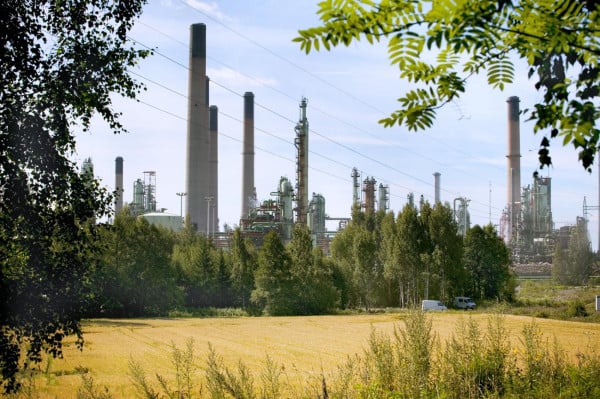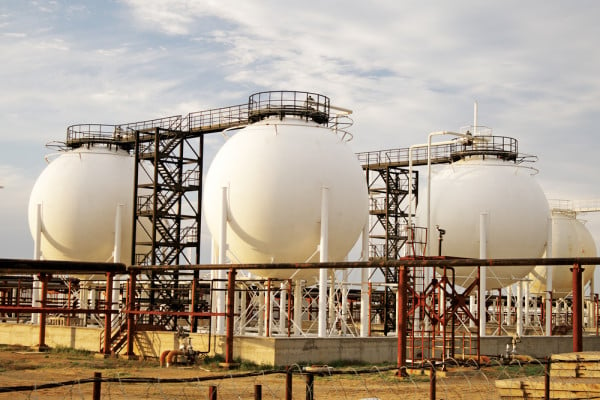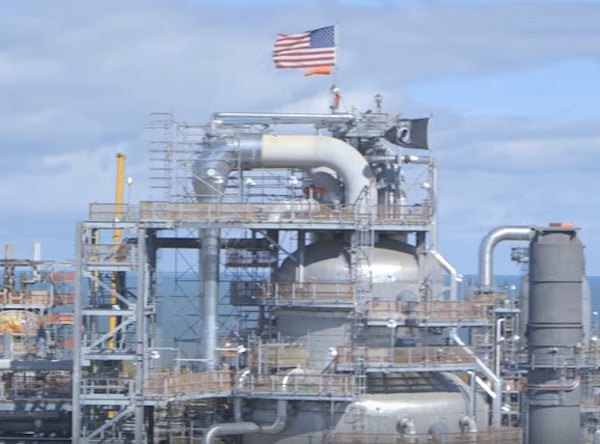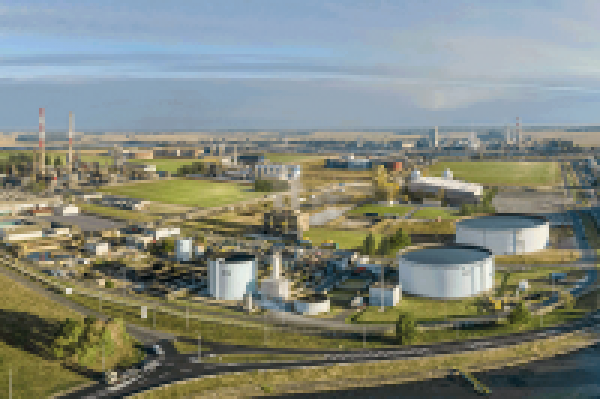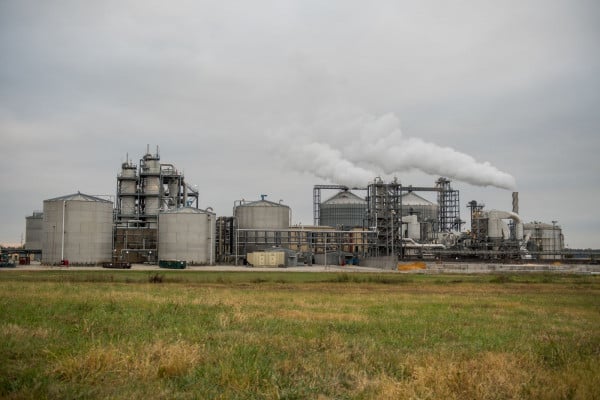The biofuels industry is an increasingly important and rapidly growing sector of the energy industry. Biofuels are renewable, low-carbon energy sources derived from biomass, including plant, animal, and waste materials. These materials are processed and converted into liquid or gaseous fuel that is generally used as transportation fuels, but may also be used for heating and electricity generation. Biofuels are a viable alternative to traditional fossil fuels, as they reduce greenhouse gas emissions and are more sustainable and renewable.
The biofuels industry is a complex, global operation that involves many different stakeholders, including governments, farmers, biofuel producers, investors, and transportation and energy companies. Production and consumption of biofuels in the United States have generally increased each year since the early 1980s. In 2021, about 17.5 billion gallons of biofuels were produced in the United States and about 16.8 billion gallons were consumed. Most biofuel consumption occurs as a blend with refined petroleum products such as gasoline, diesel fuel, heating oil, and kerosene-type jet fuel.
Biofuels are typically divided into two categories: first-generation biofuels and advanced biofuels. First-generation biofuels are primarily derived from food crops such as corn, soybeans, and sugarcane, which are used to produce ethanol and biodiesel. Advanced biofuels are derived from non-food sources, such as forestry and agricultural residues, algae, and dedicated energy crops, which are used to produce biogas, biobutanol, and biohydrogen.
Types of Biofuels
Several different types of biofuels are described below.
Ethanol
Ethanol is a renewable fuel made from corn, other grains, and other plant matter. Ethanol is often used as a blending agent with gasoline to increase octane and cut down carbon monoxide and other smog-causing emissions. Roughly 97% of gasoline in the United States contains some ethanol.
Biodiesel
Biodiesel is a renewable fuel made from vegetable oils, animal fats, and waste cooking oils. Like petroleum-derived diesel, biodiesel is used to fuel compression-ignition (diesel) engines. Biodiesel can be blended with petroleum diesel in any percentage, including B100 (pure biodiesel) and, the most common blend, B20 (a blend containing 20% biodiesel and 80% petroleum diesel).
Biogas
Biogas is a renewable fuel made from the decomposition of organic matter, typically in anaerobic digesters. Biogas typically contains a mixture of methane, carbon dioxide, and other trace gases, and can be used as a fuel in a variety of ways, such as powering vehicles and generating electricity.
Biobutanol
Biobutanol is a renewable fuel made from plant and animal matter such as sugar cane, corn, and other biomass material. Biobutanol can be used in place of gasoline and diesel in vehicles, and can be blended with them to create gasoline-butanol blends. It can also be used as an additive in industrial solvents and coatings.
Biohydrogen
Biohydrogen is a form of hydrogen produced through biological processes such as anaerobic fermentation of biomass. This form of hydrogen production is considered to be a renewable energy source and can be used in fuel cells to generate electricity.
Renewable Diesel
Renewable diesel and other (non-fuel ethanol) biofuels and biointermediates can be produced from nearly any biomass feedstock, including those used for biodiesel production, through a variety of processes such as hydrotreating, gasification, pyrolysis, and other thermochemical technologies. Renewable diesel is a biomass-based diesel fuel similar to biodiesel, but with important differences. Renewable diesel is a hydrocarbon that is chemically equivalent to petroleum diesel and can be used as a drop-in biofuel and can be transported in petroleum pipelines and sold at retail stations with or without blending with petroleum diesel. Most renewable diesel is hydrogenation-derived renewable diesel (HDRD) or hydroprocessed esters and fatty acids (HEFA) produced by hydrogenation of triglycerides, a similar process used for desulfurization of petroleum diesel. For this reason, existing petroleum refineries can be converted for renewable diesel production with only modest retrofits.
Algae-based Biofuel
Algae-based biofuel is a renewable fuel made from algae, which is grown in bioreactors and harvested for fuel production. Algae-based biofuel has the potential to be a more sustainable and efficient energy source than traditional fossil fuels. It can be used to produce electricity, heat, and transportation fuels. It is also more efficient than traditional biofuels such as corn-based ethanol. Algae-based biofuel is considered to be a carbon-neutral fuel, meaning that it does not produce any additional emissions when used.
Advantages and Disadvantages of Biofuels
There can be many advantages to biofuels over traditional fossil fuels, however the ever-changing energy landscape is complex, and biofuels also have their fair share of disadvantages.
Some of the various advantages of biofuels include:
- Renewable - Biofuels come from renewable sources that can be replenished relatively quickly.
- Energy/Economic Security - Biofuels can provide a measure of energy security by reducing dependence on imported fossil fuels. Biofuel production increases the demand for suitable biofuel crops, which drives economic development in rural areas and supports the agriculture industry.
- Energy Diversity - Biofuels can diversify the energy mix, reducing reliance on any one source of energy and increasing the resilience of the energy system.
- Carbon Neutral / Greenhouse Gas Reduction - When biofuels are produced from plants, the carbon dioxide that is released when the fuel is burned is roughly equal to the amount that was absorbed by the plants during growth, making it a carbon-neutral source of energy. Moreover, biofuels can significantly reduce greenhouse gas emissions compared to fossil fuels, helping mitigate climate change.
Some of the various disadvantages of biofuels include:
- High Cost of Production - Biofuels are quite expensive to produce in the current market, especially when compared to fossil fuels.
- Limited Resources and Scalability - Biofuels require large amounts of land and water to produce, which may be in short supply. Moreover some biofuels are simply not suitable for large-scale production and commercial use.
- Weather Dependent - Successful production of biofuels is heavily reliant on its growing environment and weather exposure. Soil conditions, extreme temperatures, and unforeseen weather patterns can lead to lower yields and higher costs.
- Transportation Issues - Some biofuels are not compatible with existing energy transportation infrastructure, which can add to the cost of distribution and utilization.
References
- U.S. Department of Energy, Office of Energy Efficiency & Renewable Energy, “Biofuel Basics,” https://www.energy.gov/eere/bioenergy/biofuel-basics.
- U.S. Energy Information Administration, “Biofuels Explained,” https://www.eia.gov/energyexplained/biofuels/.
Relevant Links
Topic Tools
Share this Topic
Contribute to Definition
We welcome updates to this Integripedia definition from the Inspectioneering community. Click the link below to submit any recommended changes for Inspectioneering's team of editors to review.
Contribute to Definition












